Engine oil
Engine oil is definitely on the top of the priority list when it comes to checking vehicle fluids. It turns into sludge deposits, which decreases the performance of the engine; routine oil changes help maintain and extend the life of your engine.
Failure to change the oil in your vehicle can result in some very expensive repairs. Clean oil is key to a happy and healthy engine.

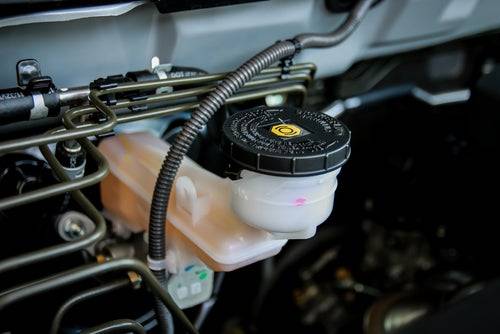
Brake fluid
Over time your vehicle’s stopping power is compromised as brake fluid gets old and dirty from extreme pressure, heat and exposure to moisture. Brake fluid attracts and absorbs water which can cause your brake lines, calipers and the master cylinder to wear down faster, and can lead to more costly repairs.
Regular brake fluid changes will give more life to your braking system.
Transmission fluid
Transmission fluid is another key fluid that should not be ignored. This fluid breaks down over time and will not only fail to lubricate the transmission gears but also allow small particles to clog the small passageways and valves in your transmission, impeding performance and causing irreversible damage.
This fluid should be changed by what the manufacturer recommends. Every vehicle can be different.
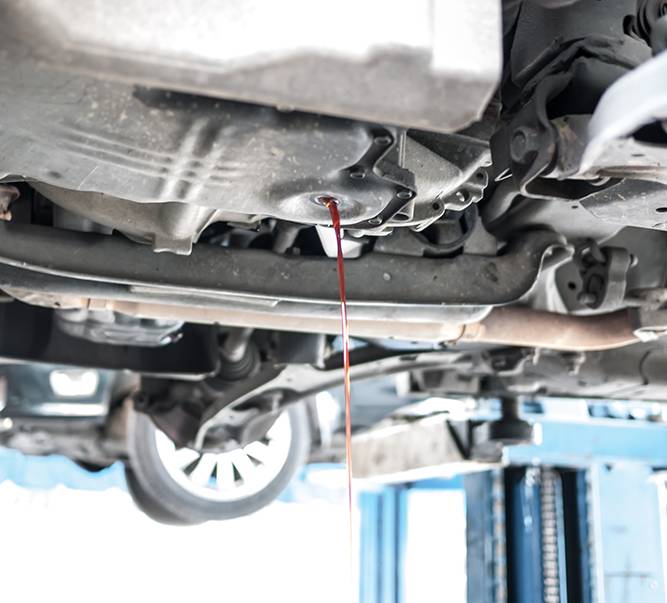
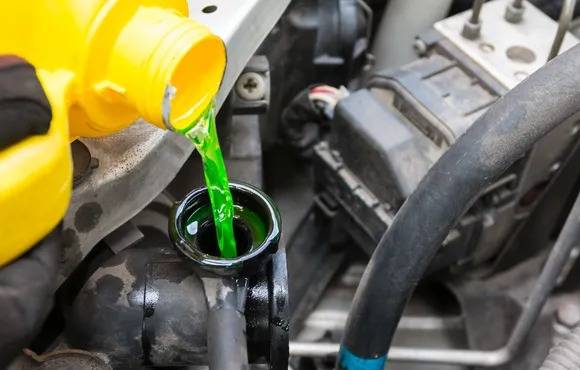
Coolant/Antifreeze
Which is it? Coolant or antifreeze? It’s both actually; it just depends on the season.
Coolant is crucial for regulating your engine’s temperature which keeps it from overheating. Over time, coolant breaks down and works less effectively to keep your engine cool. Rust, scale, sludge and air places stress on your radiator and causes the engine to run hotter. Prolonged use of old coolant may result in major radiator and engine damage.
Avoid costly repairs by having your vehicle’s coolant changed regularly.
Power steering fluid
Power steering fluid helps transfer pressure from the steering wheel to the wheels making your vehicle turn effortlessly, it also lubricates the steering system.
Like all the other fluids in your car, power steering fluid becomes old and sludgy. This will cause the steering in your vehicle to become stiff and can lead to a safety hazard.
If you enjoy smooth, easy steering, then you’ll want to have this fluid changed regularly.
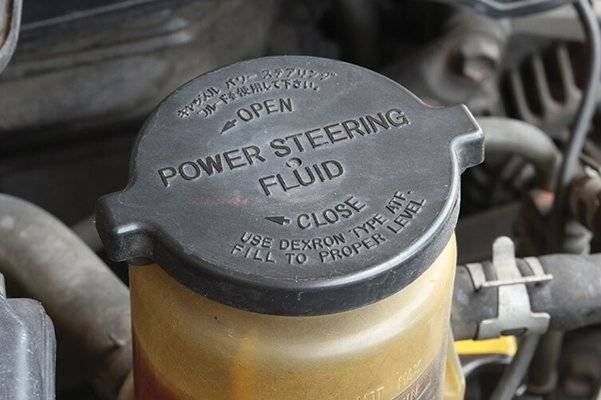
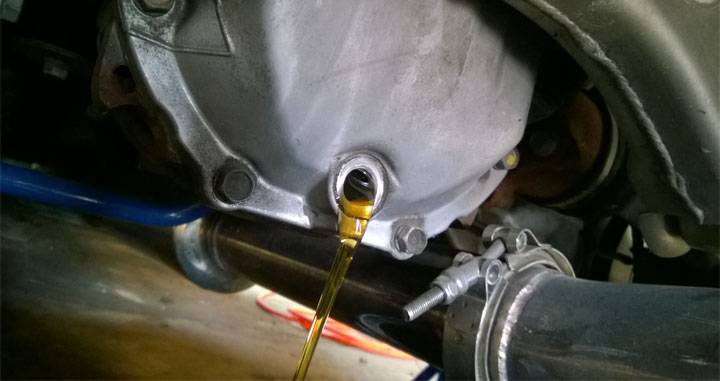
Differential fluid
Differential fluid keeps the gears in the rear or front axle lubricated. It’s more commonly called “gear lube” or “gear oil,” and, without it, there would be a lot of metal on metal contact in the differential.
The differential transfers power from the transmission to the wheels. Basically, it’s what lets you turn. Without it, that power steering would be useless and you’d have an impossible time cutting corners. Your days of whipping into a coveted parking space at the grocery store would be done.